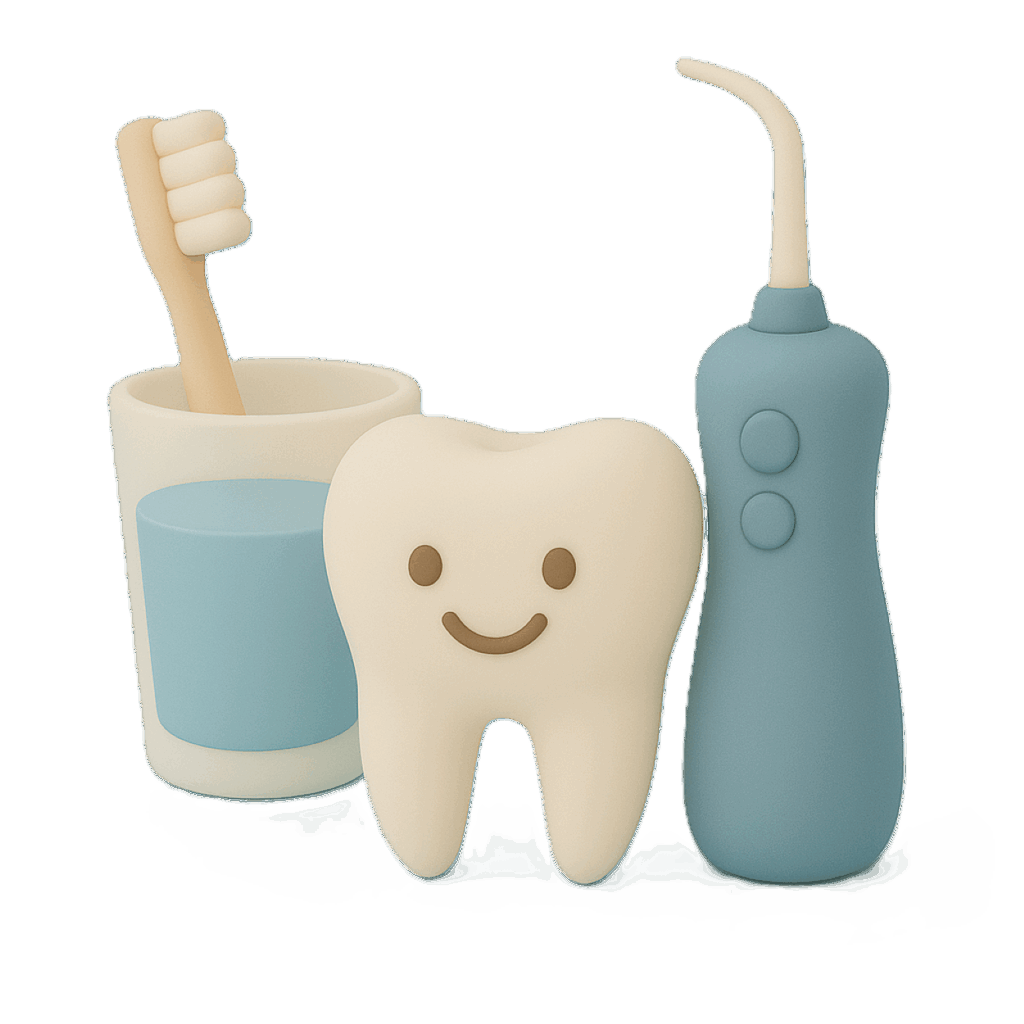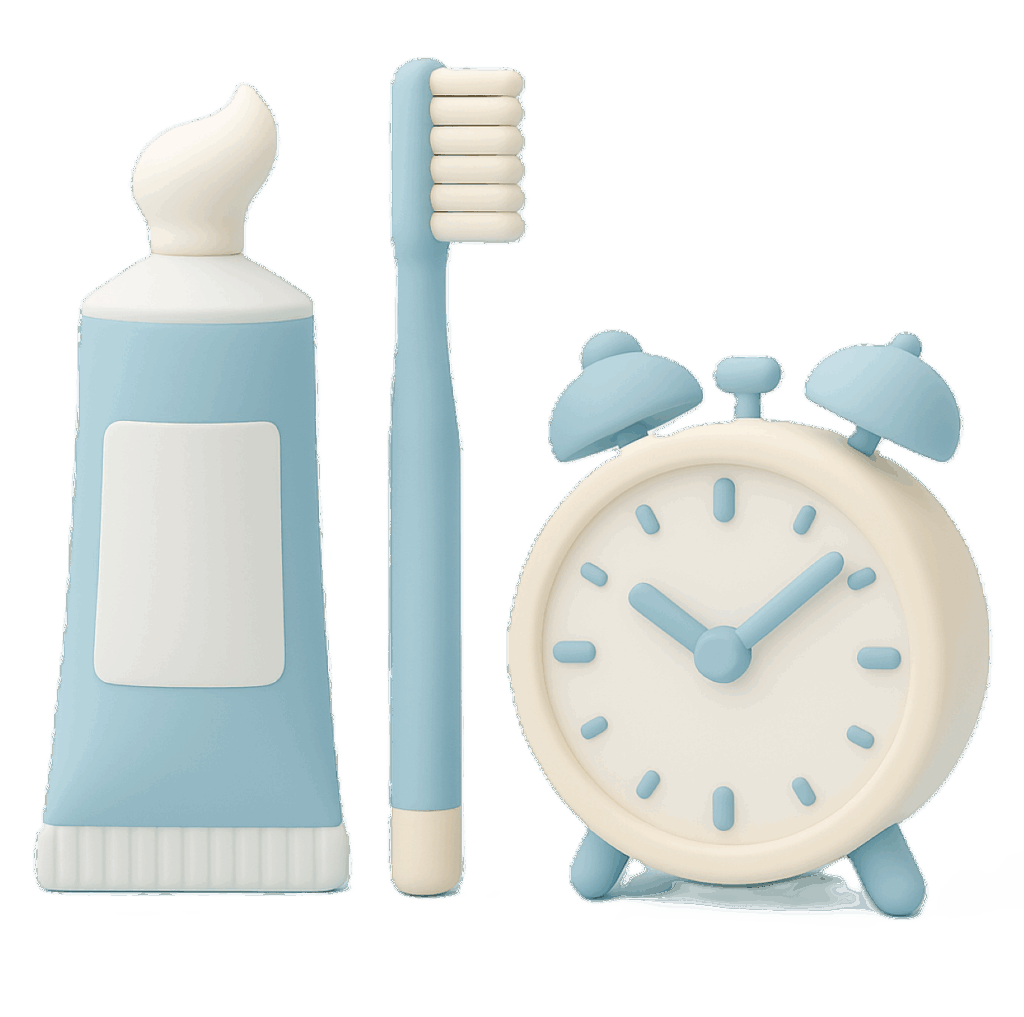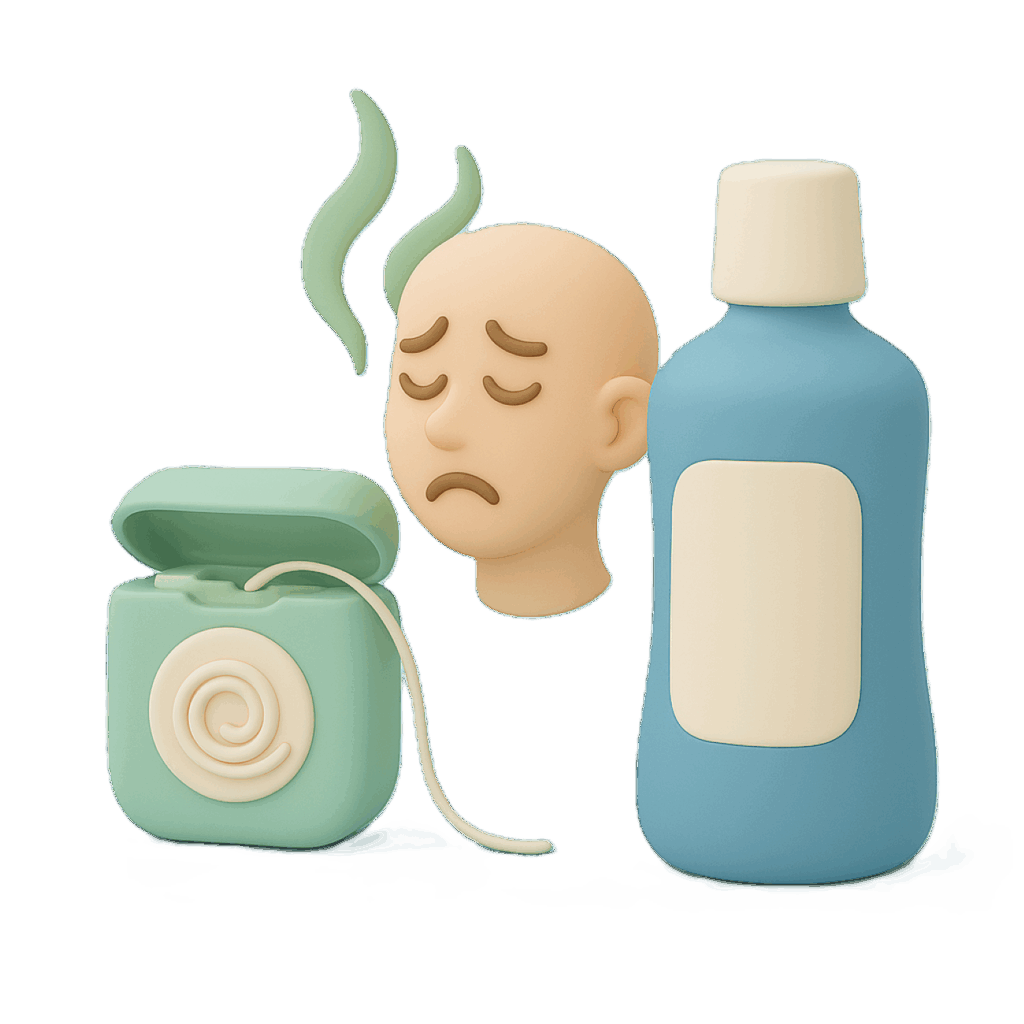- Amman, King Hussain Park, Jordan
- +(962) 000-0000
- info@curafile.com
Teeth Health
- Home
- Teeth Health
By taking good care of your teeth and gums, you can help prevent problems such as tooth decay and gum disease. You should also teach your children how to brush and floss from an early age to help them protect their teeth.


Brush your teeth twice a day with fluoride toothpaste for at least two minutes each time you brush. This recommendation is from the American Dental Association.
To determine the cause of your dry mouth, your healthcare professional reviews your medical history and the medicines you take, including medicines available without a prescription. Your healthcare professional also looks in your mouth.
There are some steps that you can take to ease dry mouth — also known as xerostomia (zeer-o-STOE-me-uh). Beyond these tips, you also can take steps to protect your oral health, which may help your dry mouth. The key is to address what’s causing your dry mouth.
Your dentist likely will smell the breath from your mouth and the breath from your nose and rate the odor on a scale. Because the back of the tongue most often causes the smell, your dentist also may scrape it and rate its odor.
Bad breath, also called halitosis, can be embarrassing and in some cases may even cause anxiety. It’s no wonder that store shelves are overflowing with gum, mints, mouthwashes and other products to fight bad breath.
Cleaning between your teeth every day is an important part of keeping your mouth healthy. And there are a variety of tools you can use, depending on your needs.


Mental Well-being

Nutrition & Fitness

Preventive Care
-
Find a clinic near you
-
Call for an appointment!
-
Feel free to message us!
About Us
At MediCenter we intend to create medicines that improve both the quality and duration of patient lives.
- 2702 Memory Lane
Chicago, IL 60605
Additional Links
- test October 20, 2025
- Hello world! October 7, 2025
- Many doctors use wrong test to diagnose kids food allergies February 12, 2017
- Rising cost of diabetes care concerns patients and doctors January 15, 2017
- Can breakfast help keep us thin? Nutrition science is tricky January 5, 2017
